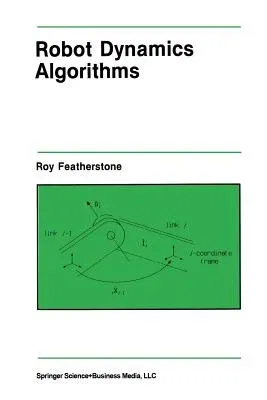Roy Featherstone
(Author)Robot Dynamics Algorithms (Softcover Reprint of the Original 1st 1987)Paperback - Softcover Reprint of the Original 1st 1987, 17 January 2013

Qty
1
Turbo
Ships in 2 - 3 days
In Stock
Free Delivery
Cash on Delivery
15 Days
Free Returns
Secure Checkout
Part of Series
The Springer International Engineering and Computer Science
Part of Series
Springer International Series in Engineering and Computer Sc
Print Length
211 pages
Language
English
Publisher
Springer
Date Published
17 Jan 2013
ISBN-10
1475764375
ISBN-13
9781475764376
Description
Product Details
Author:
Book Edition:
Softcover Reprint of the Original 1st 1987
Book Format:
Paperback
Country of Origin:
NL
Date Published:
17 January 2013
Dimensions:
23.39 x
15.6 x
1.22 cm
ISBN-10:
1475764375
ISBN-13:
9781475764376
Language:
English
Location:
New York, NY
Pages:
211
Publisher:
Series:
Weight:
322.05 gm

